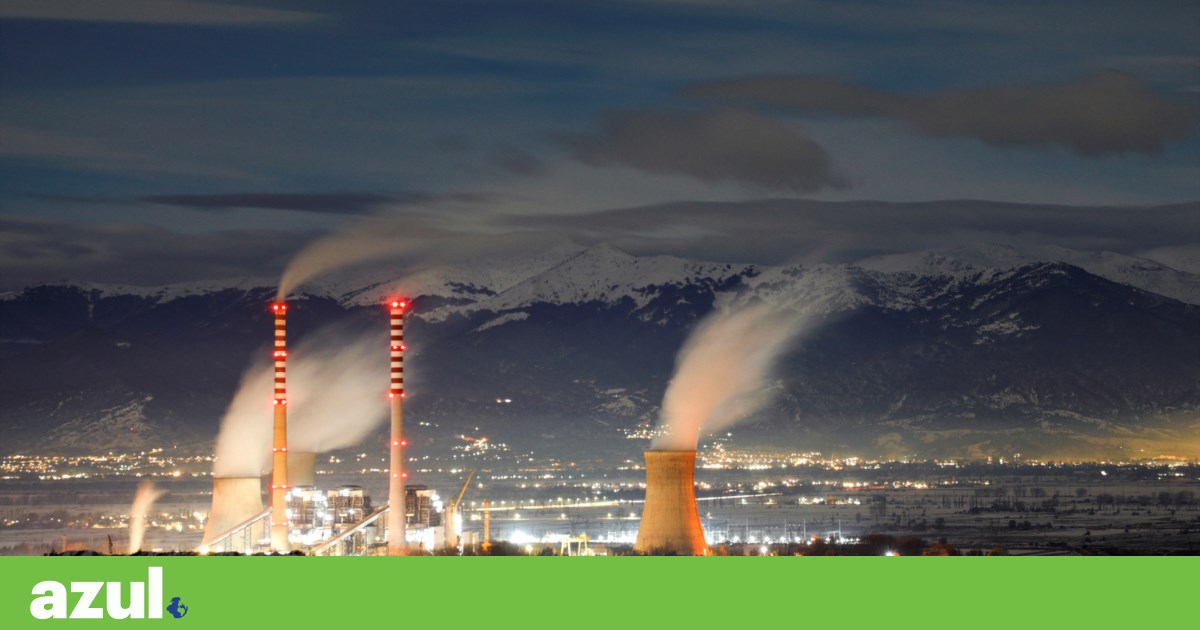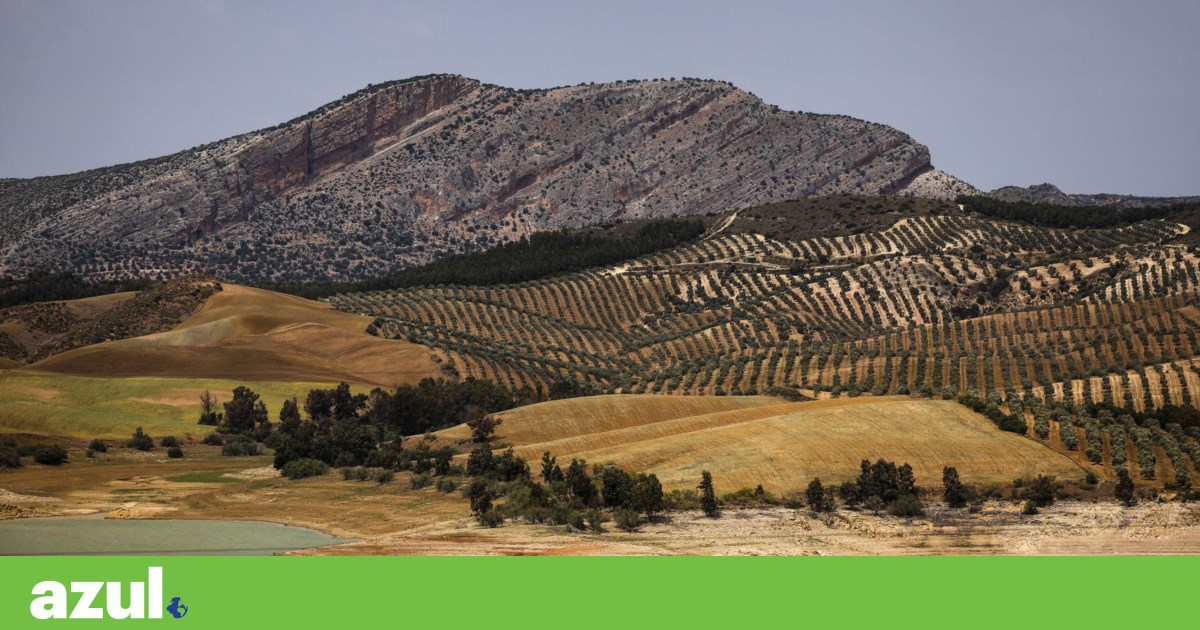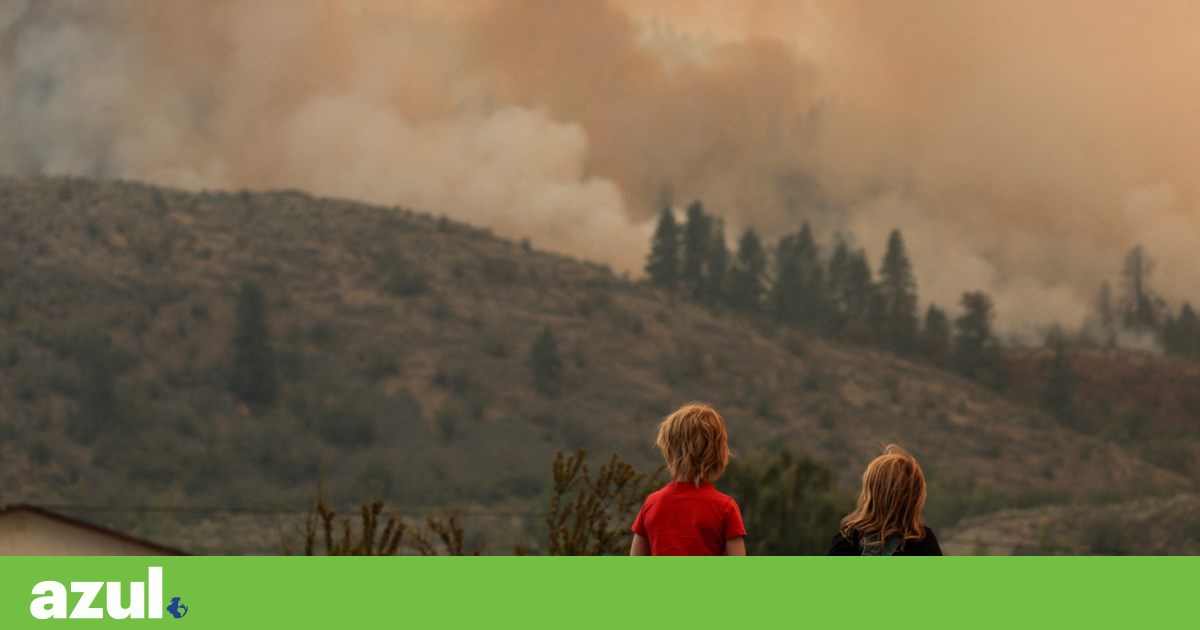guisilva5000
Super Célula
Só facto da cimeira ser feita no Dubai já é irónico...


Mas em contrapartida a alteração climática e a poluição podem estar a reduzir o volume ou alterar o comportamento de algumas espécies do complexo plâncton.
Excelentes recolhas de artigos, como sempre, obrigado!

Transcrevendo parâgrafos correspondentes ao 5º ano de escolaridade :O ridículo já chega a colocar apostas nos dois lados. Afinal essa é a táctica por detrás da mudança narrativa do Aquecimento Global para algo não falsificável como Mudanças Climáticas que sempre ocorreram...
New climate study now warns of ice age instead of heat in Europe
A further climate report has now appeared exactly at the global climate summit, warning of a climate catastrophe for Europe. This time, however, not from the heat, but from an ice age.
Ice cold instead of heat? A new climate report, just in time for the International Climate Summit in Dubai, warns of the start of a Europe-wide ice age. The Tipping Point report, prepared by an international team of 200 researchers and funded by the Bezos Earth Fund, is the latest in a series of warnings about the "most extreme effects of climate change".
Tim Lenton, professor of climate change at the University of Exeter in the UK and author of the study, warns that Earth is about to cross dangerous "turning points" that are not in global warming, as climate ideologists always describe, but in an ice age in Europe could lead.
Ice age instead of heat? - disagreement about panic
Once again, a new climate report warns that the earth could soon exceed dangerous “turning points”. But this time, unlike previous reports, the content of the warning is not just a warning of a heating earth, no, much more should Europe worry about an upcoming ice age. So now it takes panic of excessive heat and cold?
According to the author of the study, Tim Lenton, professor of climate change at the University of Exeter, probably yes. In his study, he speaks of a possible change in the subpolar vortex in the North Atlantic, which could have serious consequences for Europe. The last time we had something like that, "this led to a small ice age in Europe," explains the climate researcher. According to Lenton, a change in the vertebrae could result in colder, snowy winters and hot summers, shorten the vegetation period of the crops and endanger the water supply in Europe. Our society is not prepared for such a development, says Lenton
Five tipping points at the end of the world
In the study, Lenton speaks of five so-called tipping points, in front of which the earth would be and which could endanger humanity in the future. In the cryosphere (everything related to ice and snow), the study found, there was evidence of large-scale tipping points in the ice sheets of Greenland and Antarctica as well as local tipping points in glaciers and permafrost soils.
In the biosphere, there are tipping points in a variety of ecosystems, including forest extinction in the Amazon region, the destruction of savannas and arid areas, the eutrophication of lakes, the death of coral reefs and mangroves, and the collapse of some fisheries.
In the ocean-atmospheric circulation, there are indications that the upheavals in the Atlantic and southern oceans as well as the West African monsoons have reached a turning point. Some tipping points of the earth system could already be within reach, says Lenton. Ecosystems such as Antarctica or the Amazon rainforest would currently provide something like early warning systems that they could soon "tilt", the study said.
Either way, it would be necessary to take massive measures to stop greenhouse gas emissions as soon as possible, the study concludes. Whether heat wave or icy cold, the solutions sound similar to those of other climate reports.
Traduzido do Alemão.
https://apollo-news.net/neue-klimastudie-warnt-jetzt-vor-eiszeit-statt-hitze-in-europa/
O ridículo já chega a colocar apostas nos dois lados. Afinal essa é a táctica por detrás da mudança narrativa do Aquecimento Global para algo não falsificável como Mudanças Climáticas que sempre ocorreram...
New climate study now warns of ice age instead of heat in Europe
A further climate report has now appeared exactly at the global climate summit, warning of a climate catastrophe for Europe. This time, however, not from the heat, but from an ice age.
Ice cold instead of heat? A new climate report, just in time for the International Climate Summit in Dubai, warns of the start of a Europe-wide ice age. The Tipping Point report, prepared by an international team of 200 researchers and funded by the Bezos Earth Fund, is the latest in a series of warnings about the "most extreme effects of climate change".
Tim Lenton, professor of climate change at the University of Exeter in the UK and author of the study, warns that Earth is about to cross dangerous "turning points" that are not in global warming, as climate ideologists always describe, but in an ice age in Europe could lead.
Ice age instead of heat? - disagreement about panic
Once again, a new climate report warns that the earth could soon exceed dangerous “turning points”. But this time, unlike previous reports, the content of the warning is not just a warning of a heating earth, no, much more should Europe worry about an upcoming ice age. So now it takes panic of excessive heat and cold?
According to the author of the study, Tim Lenton, professor of climate change at the University of Exeter, probably yes. In his study, he speaks of a possible change in the subpolar vortex in the North Atlantic, which could have serious consequences for Europe. The last time we had something like that, "this led to a small ice age in Europe," explains the climate researcher. According to Lenton, a change in the vertebrae could result in colder, snowy winters and hot summers, shorten the vegetation period of the crops and endanger the water supply in Europe. Our society is not prepared for such a development, says Lenton
Five tipping points at the end of the world
In the study, Lenton speaks of five so-called tipping points, in front of which the earth would be and which could endanger humanity in the future. In the cryosphere (everything related to ice and snow), the study found, there was evidence of large-scale tipping points in the ice sheets of Greenland and Antarctica as well as local tipping points in glaciers and permafrost soils.
In the biosphere, there are tipping points in a variety of ecosystems, including forest extinction in the Amazon region, the destruction of savannas and arid areas, the eutrophication of lakes, the death of coral reefs and mangroves, and the collapse of some fisheries.
In the ocean-atmospheric circulation, there are indications that the upheavals in the Atlantic and southern oceans as well as the West African monsoons have reached a turning point. Some tipping points of the earth system could already be within reach, says Lenton. Ecosystems such as Antarctica or the Amazon rainforest would currently provide something like early warning systems that they could soon "tilt", the study said.
Either way, it would be necessary to take massive measures to stop greenhouse gas emissions as soon as possible, the study concludes. Whether heat wave or icy cold, the solutions sound similar to those of other climate reports.
Traduzido do Alemão.
https://apollo-news.net/neue-klimastudie-warnt-jetzt-vor-eiszeit-statt-hitze-in-europa/
Bizarro certamente.Não sei se este será o tópico mais indicado para esta notícia, ou o da seca em Portugal.
Junta da Andaluzia admite comprar água a Portugal para dar de beber às populações
Água será fornecida por Alqueva, enviada para o porto de Huelva e transportada de navio para suprir o consumo humano onde a escassez hídrica é mais acentuada. É uma solução de último recurso.www.publico.pt
Mas lá que é bizarra, é.
Ora, analisando melhor a questão, lá como cá, a agricultura que exige grandes recursos hídricos, pede água.Junta da Andaluzia admite comprar água a Portugal para dar de beber às populações
A decisão de solicitar água a Portugal a partir da barragem do Alqueva, desta vez destinada ao consumo humano, vem na sequência de outro pedido das associações de agricultores de Huelva, que em Outubro apelaram à solidariedade lusa para que Portugal aceitasse transferir 100 hectómetros cúbicos de água para garantir a produção agrícola nos cerca de 40 mil hectares regados, a actividade mineira e o turismo na região.


